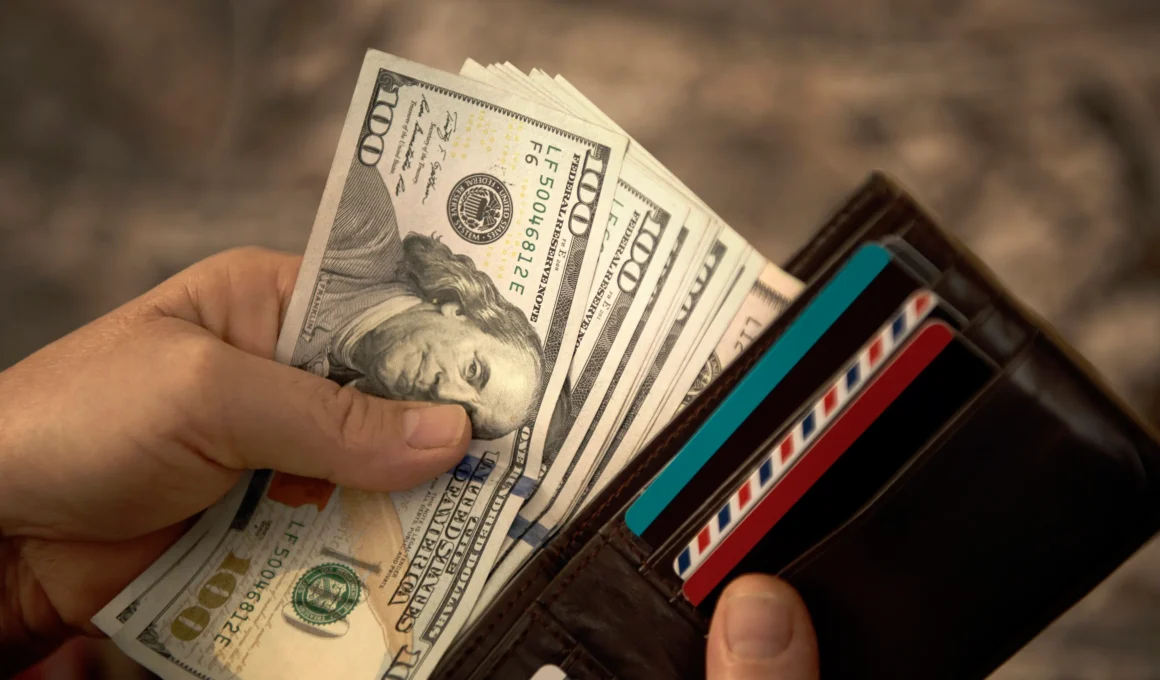Over the past few years, stimulus checks have become a pivotal part of economic relief measures in the United States. While earlier rounds of checks provided significant support to millions of Americans, the concept of a $12000 Stimulus Checks has sparked intense debate. This substantial amount could have profound implications for families, businesses, and the overall economy. In this article, we’ll delve into the potential benefits and challenges of issuing $12,000 stimulus checks, while also exploring the broader context of such a proposal.
The Potential Benefits of a $12,000 Stimulus Check
The idea of a $12,000 stimulus check represents a bold and transformative approach to addressing economic challenges. This significant sum has the potential to provide immediate relief for struggling households, stimulate spending, and foster economic growth. Here are the key advantages:
1. Substantial Financial Relief for Families
A $12,000 stimulus check could help struggling families pay for necessities like housing, food, and healthcare. This amount is particularly impactful for low- and middle-income households who may be dealing with mounting debt or unemployment.
- Checklist for Impact:
- Covers overdue rent or mortgage payments.
- Provides funds for critical medical expenses.
- Helps families pay down high-interest debt.
- Enables individuals to rebuild emergency savings.
For families facing financial uncertainty, such a large sum could offer a renewed sense of stability and hope.
2. Boosting Consumer Spending
Direct payments have historically encouraged consumer spending, which is vital for economic recovery. A $$12000 Stimulus Checks could drive significant spending on goods and services, thereby supporting local businesses and creating jobs.
- Checklist for Spending Impact:
- Increases purchases of durable goods (e.g., cars, appliances).
- Boosts spending at small and medium-sized businesses.
- Encourages investments in education or skill development.
- Supports industries hit hardest by economic downturns, such as hospitality and travel.
By directly injecting cash into households, the government could stimulate demand and prevent the economy from stagnating.
Challenges and Concerns Surrounding $12,000 Stimulus Checks
Despite its potential benefits, the concept of a $12,000 stimulus check also raises valid concerns. Critics argue that such a massive payment could lead to inflationary pressures, budget deficits, and inefficiencies in targeting those most in need. Here are the primary challenges:
1. Inflationary Risks
A sudden influx of $12000 Stimulus Checks per individual into the economy could lead to increased demand for goods and services. While this might be beneficial in the short term, it could also drive prices higher, exacerbating inflation.
- Checklist for Inflationary Concerns:
- Risk of higher costs for essential items like food and gas.
- Potential for housing prices to rise further.
- Increases in the cost of borrowing due to rising interest rates.
- Challenges for fixed-income households who may see their purchasing power decline.
Policymakers must carefully balance the benefits of stimulus payments with the risk of overheating the economy.
2. Budgetary and Long-Term Debt Implications
Issuing $12,000 checks to millions of Americans would require significant government borrowing. This could have long-term consequences for the federal budget and future generations.
- Checklist for Fiscal Impact:
- Potential increase in the national debt.
- Higher interest payments on government borrowing.
- Reduced flexibility for future economic crises.
- Possible tax increases to offset spending.
While short-term relief is essential, it is crucial to consider the broader fiscal implications of such a large-scale program.





